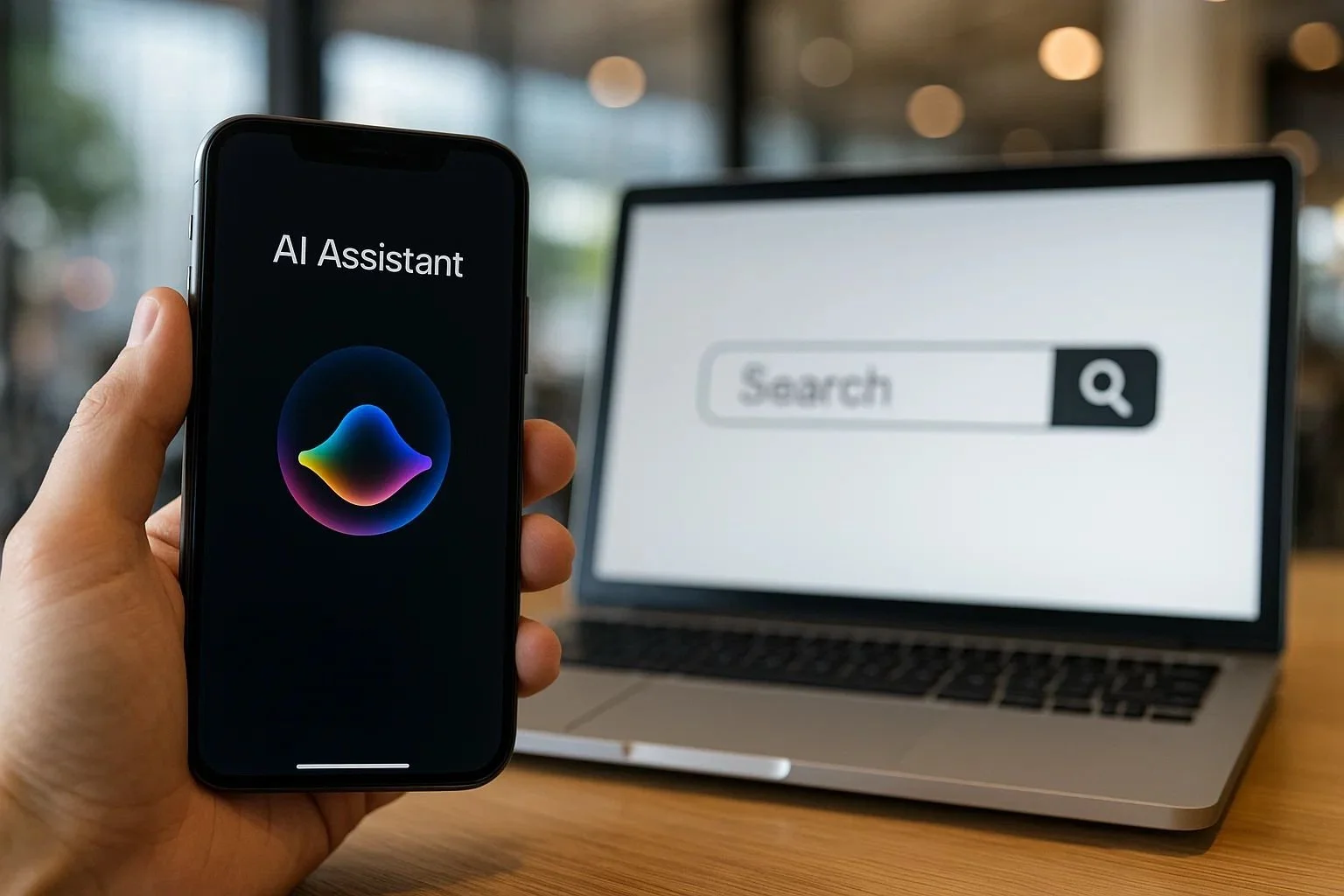Will AI assistants replace traditional search in 2025?
The world of search in 2025 is witnessing a gigantic transformation with the advent of AI assistants driven by large language models LLMs like ChatGPT, Googles Bard, and Microsofts Bing Chat becoming the standard way in which individuals search for information online. The emergence of these AI-powered conversational interfaces has caused a fundamental query for users as well as marketers: Will AI assistants displace traditional search this year? This post discusses the state of AI assistants in relation to keyword-based search today, how they exist together, and the future of search in the midst of escalating AI adoption.
The Rising Adoption of AI Assistants in Search
AI assistants have seen explosive adoption growth over the past few years. Hundreds of millions of users interact daily with systems like ChatGPT, employing natural language requests in lieu of keyword searches. These assistants offer synthesized, conversational responses, sometimes including citations or suggestions, allowing users to receive faster, and often more relevant, answers.
For example, between April 2024 and March 2025, traffic to the leading AI chatbots jumped more than 80% as a sign of a mass shift in behavior. Googles Search Generative Experience SGE, powered by AI, has started including AI summaries inside search results, and as of March 2025, 13.14% of queries included AI-generated answers. That shift represents a step towards fluid hybrid search experiences that merge classic search with AI-driven insights.
Local companies like Sparkly Maid NYC and Sparkly Maid Orlando are more and more common in AI assistant responses due to AI-assisted local search, mirroring the expanding role these tools play in discovery and decision-making.
Why Traditional Search Remains Dominant For Now
Even with the swift rise of AI assistants, conventional search engines such as Google and Bing retain overall question volume dominance in 2025. Google handles more than 15 billion searches each day, with around 90% of global market share. AI assistants only get to process a minimal percentage around 3% to 6% of overall search traffic but increasingly so.
Traditional search is still a necessity for thorough research, detailed information collection, and transactional search. For advanced or highly context-dependent queries, users continue to use regular search engines to navigate several sources, contrast alternatives, and investigate varied content.
This coexistence indicates that AI assistants have not yet displaced classical search but have placed a new, conversational layer on top of it that manages instant or simple informational requirements. The two systems complement, not cannibalize, one another, forging a hybrid user behavior model that marketers and companies need to adapt to.
The Changing Role of Marketers and SEO in an AI-First Search World
The dawn of AI assistants is revolutionizing the way companies are handling SEO and digital marketing. The old SEO strategies based on keywords and backlinks are being supplemented or replaced with approaches customized for AI-generated content and natural language queries.
Companies and agencies such as Torres Digital Marketing Chicago are evolving by developing well-crafted, authoritative, and context-rich content intended to show up in AI assistant answers. Attention is turning towards building Expertise, Experience, Authority, and Trustworthiness EEAT to make sure that AI systems choose brand content as good answers.
Local SEO also becomes increasingly important as AI assistants make use of structured local business data. Companies such as Sparkly Maid NYC and Sparkly Maid Orlando stand to gain from optimizing their listings and reputation for AI-powered local discovery.
Success in this environment depends on marketers combining data-driven AI insights with creative storytelling and customer-centric strategies making brands visible and relevant in AI-fueled search.
The Future Towards Integration and AI-First Search
Predictions are that AI assistant-based search will continue to take market share, with some estimating that by 2028 AI queries will make up 30% to 50% of total search traffic. A tipping point around 2030 could have AI assistants eclipse traditional search engines in worldwide usage.
Nonetheless, this shift is more of an evolution rather than a replacement. Search engines are heavily investing in combining Artificial Intelligence tools, making the distinction between AI-first and traditional environments less clear. The future search experience will most likely be a hybrid, combining conversational AI with powerful search engine capabilities.
Brands and local service providers, including Torres Digital Marketing Chicago, are actively preparing for this future by embracing AI-powered tools while maintaining presence on classic platforms, ensuring comprehensive discoverability and engagement.
